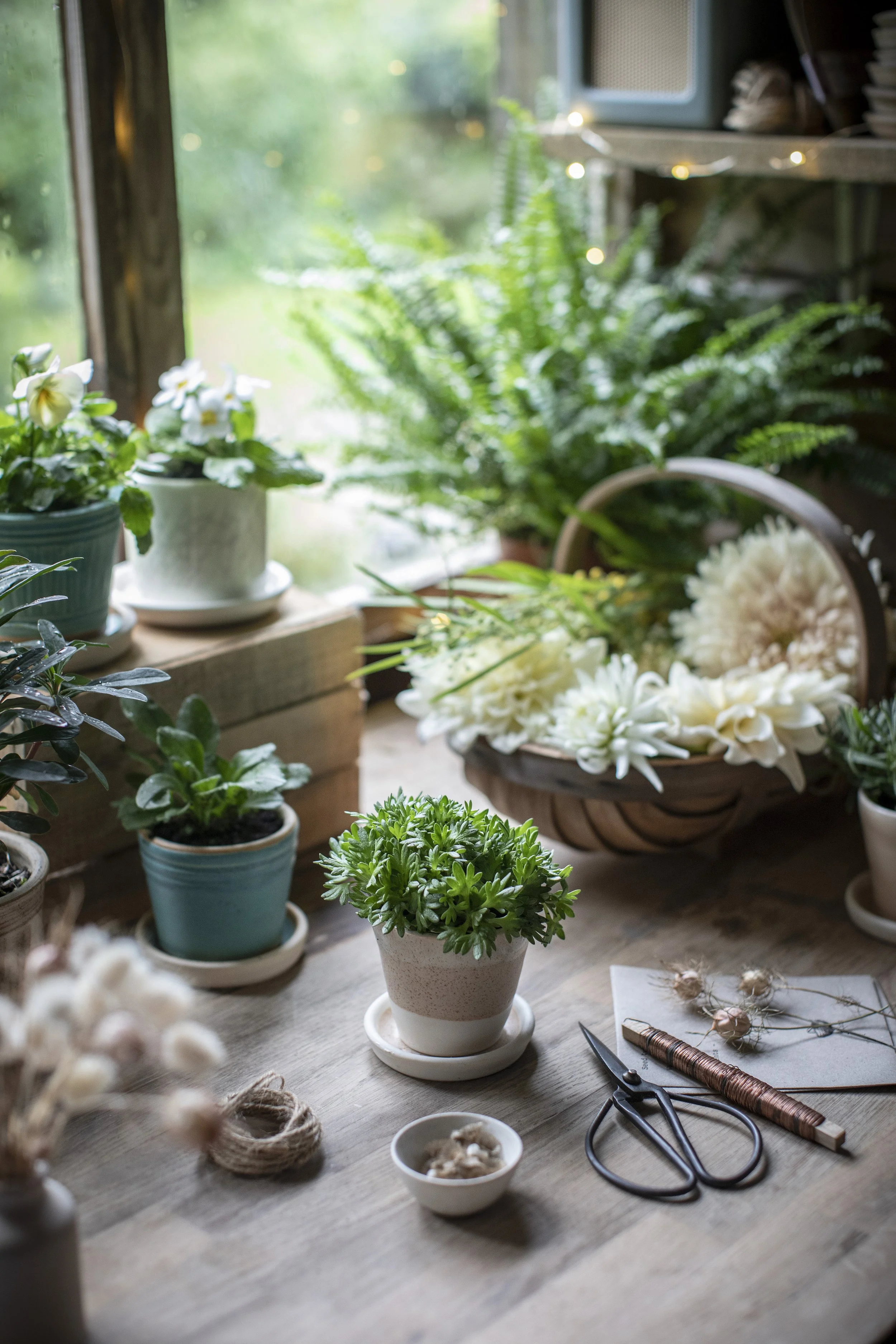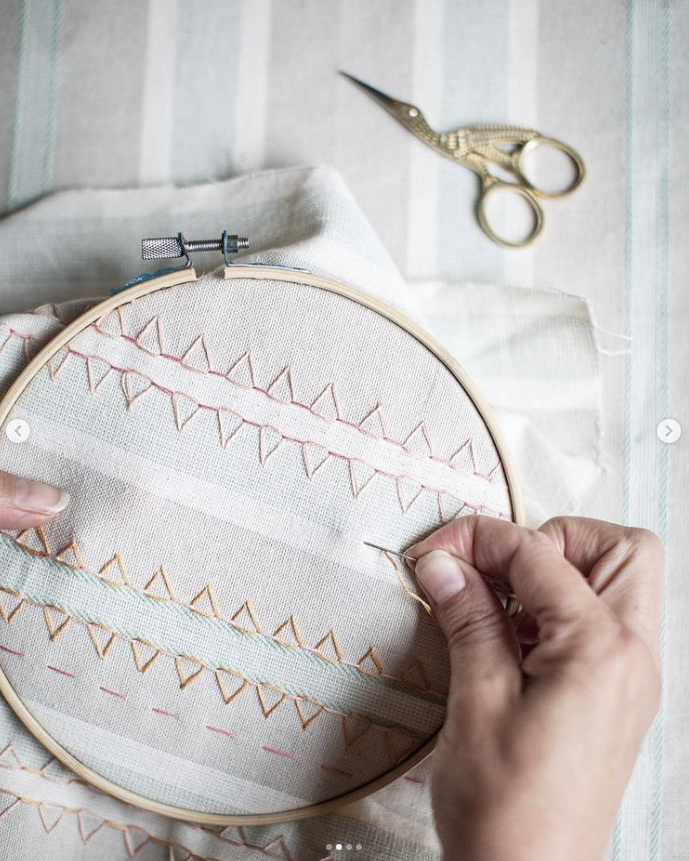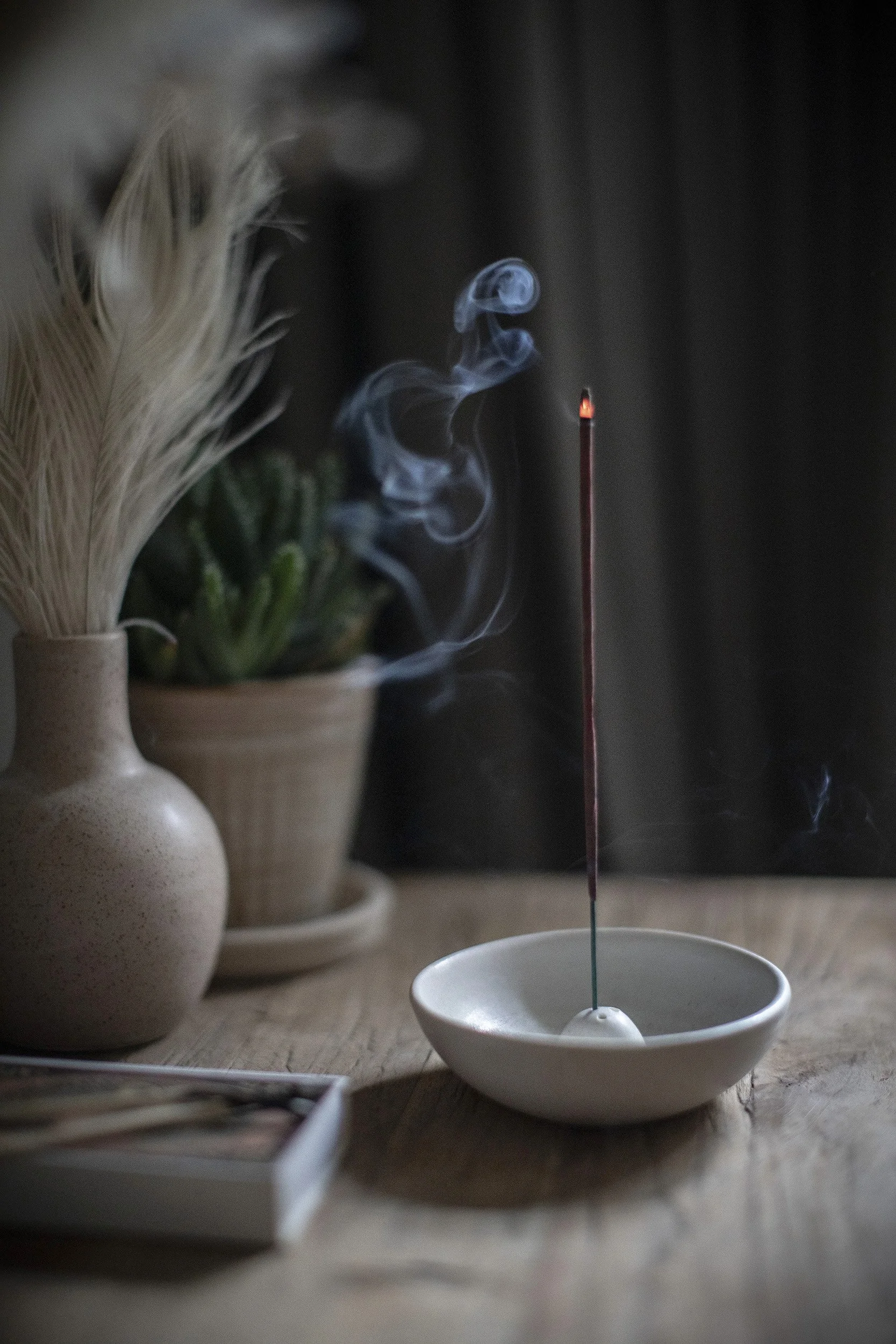5 Self-Care Tips to Help Support Your Well-being
On a long, lazy walk during a sunny late-spring afternoon.
It’s February. The sky is the colour of concrete and the garden still sleeps under a blanket of light, silvery frost. Most mornings I have to resist the urge to curl my toes around the hot water bottle and allow its warmth to send me gently back to sleep. I’m always at odds with how I feel about this time of year. I still feel the need to be coddled from winter’s gloom as I begin to feel the gentle pull of spring’s hopefulness. But this year feels different. The world feels heavy and unpredictable. Hope is something that has alluded me at times recently.
So, I’m taking February at a slightly slower pace than in previous years. This year, I’m putting aside goal setting, creating strict planning schedules and eschewing those stress-inducing “should-dos” in favour of wellbeing, as I ready myself to come out of hibernation. From long walks to mood-boosting rituals, here are some of the things I recommend that I’ve been doing to stay healthy of mind and body in the cold, post-holiday months.
KEEP MOVING
I find regularly stomping out stress with a briskly-paced walk while immersing myself in nature supports my mental as well as physical health. The psychological benefits of walking have been well documented. Exercise triggers feel-good endorphins in your body, and gamma-aminobutyric acid (GABA), which blocks certain nerve signals in the brain to reduce fear and anxiety, and quieten negative thinking.
And I find walking, even at a slower pace, is great for clearing the mind. My senses are heightened and often moments of clarity will descend, seemingly out of nowhere - often clearing thoughts that have could’ve been blocked for days.
BRING NATURE INDOORS
Contact with nature is known to improve mental health. But if you can’t get out into a green space, bring nature indoors instead. Our levels of stress and anxiety are considerably reduced when we’re surrounded by plants. I recently took some time out to rescue to a house plant that needed some care and attention. After spending fewer than five minutes tending to it I could feel my shoulders drop and my mood alter significantly.
Gardening is an intuitive way of connecting with nature, but you don’t need to have an outdoor space to feel the benefits. Over winter, I’ve filled my kitchen window sill with vibrant, leafy plants and, without exception, each morning that I’ve come downstairs to put the kettle on they’ve gently lifted my spirits. Growing plants from seeds is deeply rewarding. If you don’t have the outdoor space for trays or large pots, try growing micro greens on your kitchen window ledge. I find sprinkling homegrown micro coriander and pea shoots on to leafy salads to be one of life’s tiny joys.
TAKE 30 MINUTES OF TIME FOR YOURSELF
As a naturally busy person, in the past I’ve found it hard to factor in some time to slow down. But recently I’ve started intentionally carving out time for creativity, reading, meditation, or frankly just staring into space And I’ve found that building a habit of taking a relatively short amount of time (who can’t afford 30 minutes?) to have a break, or to do something intentional like drawing, sewing or reading, can make you feel less overwhelmed.
Ditch the Guilt
When you’re overloaded with work and caring for other people I’ve found it can be easy to feel that you must stay “busy.” I’ve lost count of the number of friends and colleagues who’ve told me they feel guilty if they stop and sit down because they feel they “should” be “doing something” and they can’t relax. Productivity has become a curse in modern western society, and it’s women (the primary care-givers) who suffer the most.
On a practical level, taking a break can mean we recharge and clear our minds. But be deliberate about it. Half an hour is not self-indulgent. Put aside the time regularly and plan what you’ll do with that time.
I have a friend who sets her morning alarm half an hour early so she can enjoy a bath in peace and quiet while the house is silent and there are no external demands of her time.
Do nothing
One of the only things I miss about commuting is gazing out of the train window at the fields and sheep whizzing by and allowing my thoughts to wander. Sitting and simply staring out of a window onto a green space can be so relaxing and rewarding longterm. We don’t always need to be “doing something!”
Create a relaxing ambience
Meditation for me is simply sitting in a quiet place and concentrating on my breath. It helps to calm my brain and makes me feel significantly more positive than on the days where I let it slide. I try to make a point of carving out at least 20 minutes in the morning (particularly at the weekends) for this ritual, which sets me up nicely for the day.
I like to create a cosy, quiet space and use the spirit-lifting scent of burning incense or a candle scented with essential oils that give you an instant pick-me-up and help make it feel like a special time for you.
DECLUTTER A SMALL (BUT SIGNIFICANT) SPACE
It may not sounds like a very exciting way to spend your time, but taking 20-30 minutes out of your day to declutter and refresh a neglected shelf or nook can make a huge impact on your mental state.
I think a bedside table is a great place to start. It’s one of the first things you see in the morning. I don’t like mine too cluttered, so every few weeks or so I clear down the pile of books and various detritus that have accumulated and replace them with things I love: a small vase of fresh flowers or a lush, green succulent in a pretty pot; a scented candle; a thoughtful card I’ve been given; the tiny unglazed porcelain talisman that my daughter made me with the words, I love you pressed into it with the pinpricks of a cocktail stick - and plenty of space for the fresh cup of tea I wish to be woken up with each morning! (here’s hoping).






